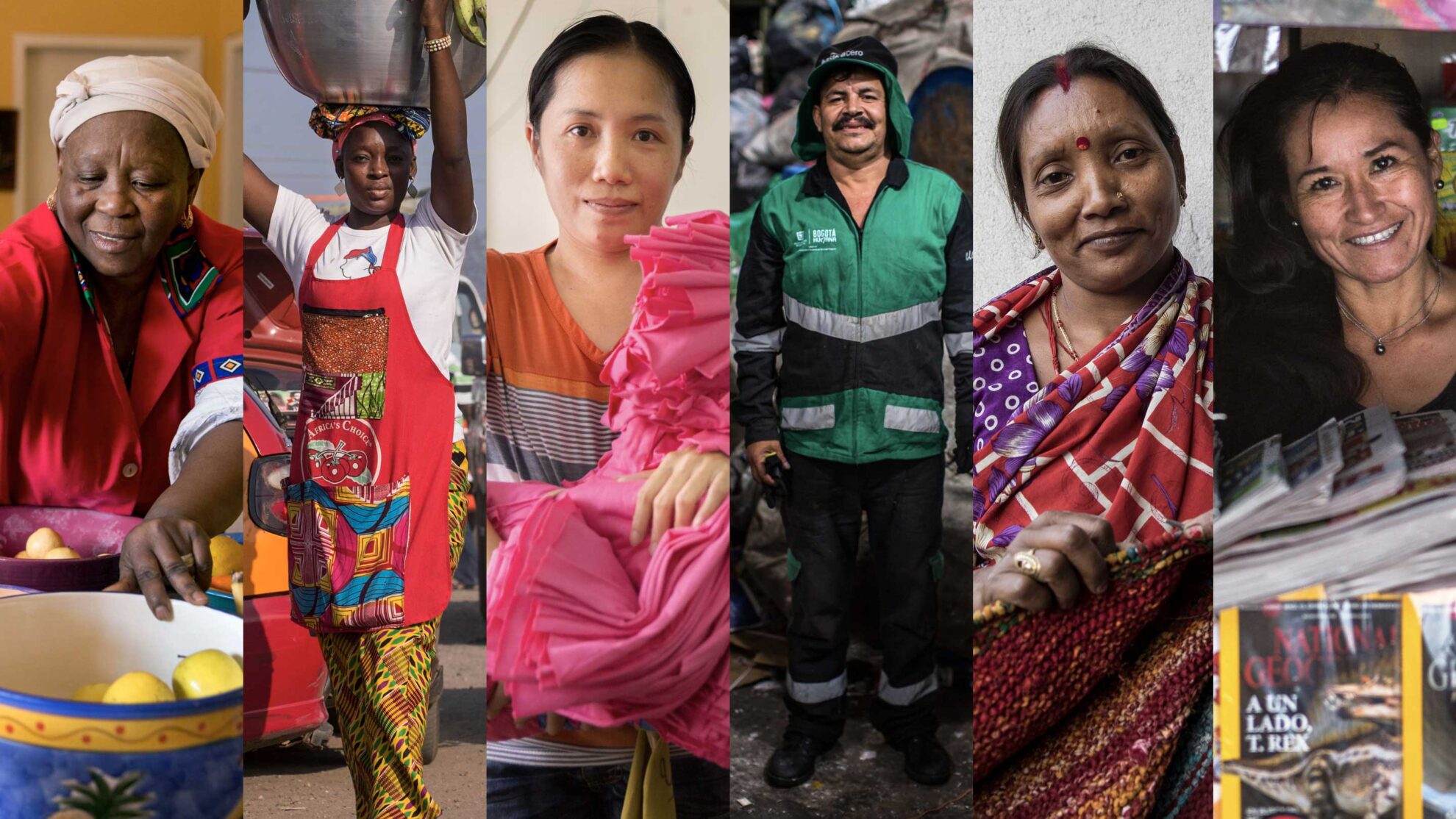Transforming the traditional social contract: Reflections from “Social Contracts and Informal Workers in the Global South”
-
July 19, 2022
- Online

Date: July 19, 2022
Time: 9:00am – 10:30am Eastern Daylight Time
Languages: English with French and Spanish interpretation available.
The COVID-19 pandemic exposed and exacerbated pre-existing inequalities and injustices, the attendant economic crisis disproportionately impacting the informal workers who make up over 60% of the world’s workers. The fallout has reinforced prior calls which have underscored the need for a new social contract – one which accounts for the reality of widespread informal employment. But what does that really mean? Different actors have quite distinct proposals for what an ideal social contract should look like.
In this new volume, Social Contracts and Informal Workers in the Global South, published in June 2022 (Edward Elgar), the editors and contributors seek to answer this question by integrating social contract theory with the experiences of organizations of informal workers in the Global South. Instead of ideologically driven ‘top-down’ calls to revitalize the social contract, it advocates for ‘bottom-up’ initiatives focused on the demands of the working poor in the informal economy, and outlines a vision for a social contract grounded in this reality.
Join WIEGO on July 19, 2022 from 9:00-10:30 a.m. EDT (15:00-16:30 p.m. CET, 18:30-20:00 p.m. IST) as we launch the book and call attention to a renewed social contract which centers workers in informal employment. Panelists will discuss:
Minouche Shafik, Director of the London School of Economics and author of the book What We Owe Each Other: A New Social Contract For A Better Society will act as moderator and discussant.